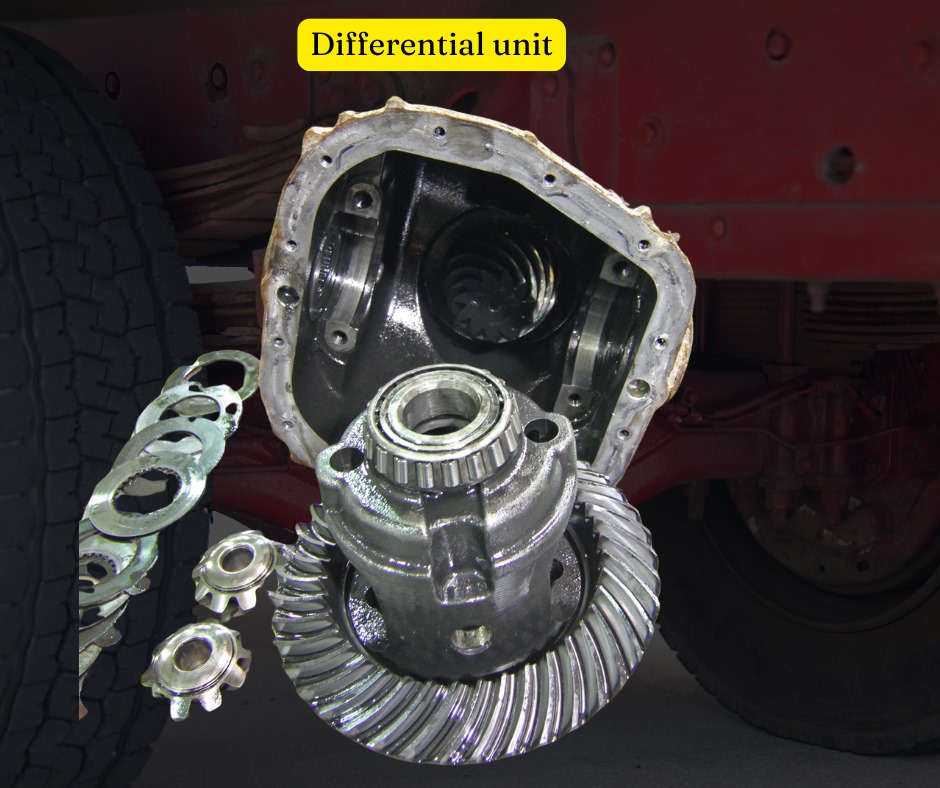Why Regular Differential Fluid Changes Matter

The critical role of differential fluid in your vehicle’s performance and longevity.
Understanding Differential Fluid and Its Role in Your Vehicle
Differential fluid, also known as gear oil, plays a crucial role in your vehicle by lubricating the gears and bearings within the differential. This component is essential for transferring power from the engine to the wheels, allowing them to rotate at different speeds, particularly when turning corners.
Without adequate lubrication, the differential's internal components can experience excessive wear and tear, leading to potential failures. The fluid also helps to manage heat generated by friction, ensuring that the differential operates smoothly and efficiently.
The Impact of Old Differential Fluid on Vehicle Performance
As differential fluid ages, it can become contaminated with metal particles, dirt, and debris. This contamination reduces its effectiveness in lubricating and protecting the differential components. Old fluid can also lose its viscosity, which means it can't provide the necessary cushioning and protection against friction.
Driving with degraded differential fluid can lead to increased noise, vibrations, and even differential failure. These issues can significantly impact your vehicle's performance, making it less smooth and reliable. In severe cases, ignoring differential fluid maintenance can result in costly repairs or replacements.
Optimal Frequency for Differential Fluid Changes
The optimal frequency for changing differential fluid can vary depending on the vehicle make, model, and driving conditions. Generally, it's recommended to change the fluid every 30,000 to 60,000 miles. However, if you frequently drive in harsh conditions, such as towing heavy loads or off-roading, you may need to change it more often.
Consult your vehicle's owner manual for specific recommendations, and consider having the differential fluid checked during regular maintenance visits to ensure it's in good condition.
How to Recognize When Your Differential Fluid Needs Changing
There are several signs that your differential fluid may need changing. One of the most common indicators is unusual noises, such as whining or grinding, coming from the differential area. These sounds can suggest that the fluid is no longer providing adequate lubrication.
Other signs include vibrations while driving, fluid leaks near the differential, and a burning smell, which can indicate overheating. If you experience any of these symptoms, it's crucial to have your vehicle inspected by a professional mechanic.
Benefits of Regular Differential Fluid Maintenance
Regular differential fluid maintenance offers numerous benefits, including extended differential lifespan, improved vehicle performance, and reduced risk of costly repairs. By ensuring that the differential is properly lubricated, you can enjoy a smoother driving experience and better handling.
Additionally, maintaining the differential fluid can enhance fuel efficiency and overall vehicle reliability. Keeping up with this essential maintenance task helps protect your investment and ensures that your vehicle remains in optimal condition.

 Loading..
Loading..